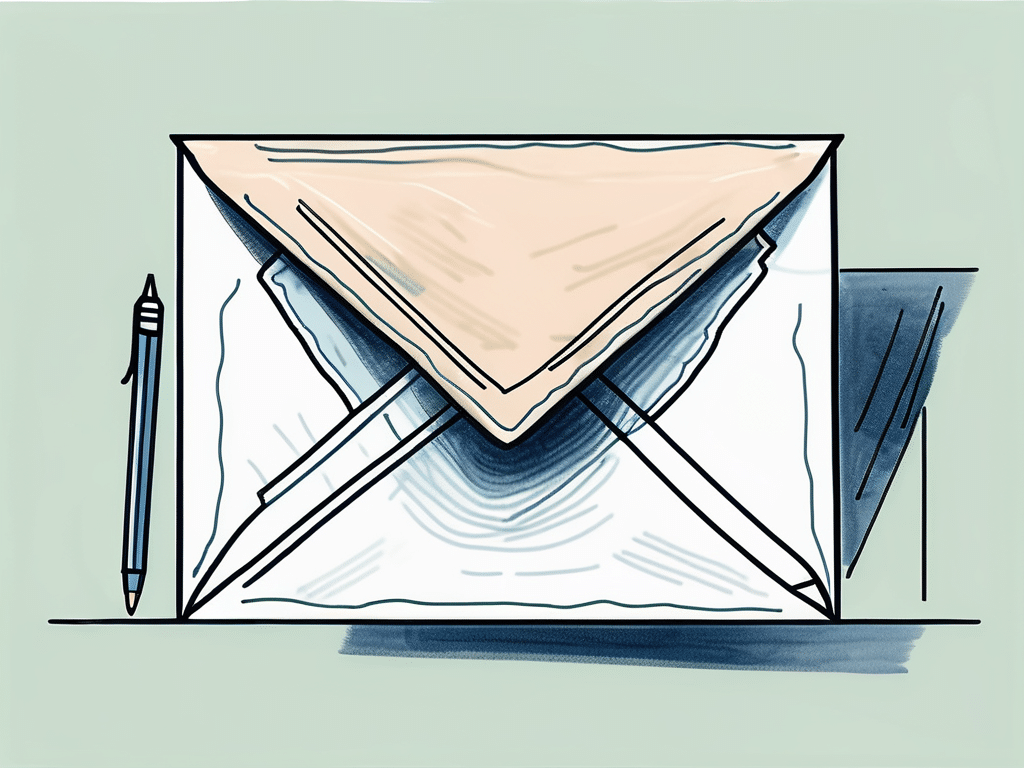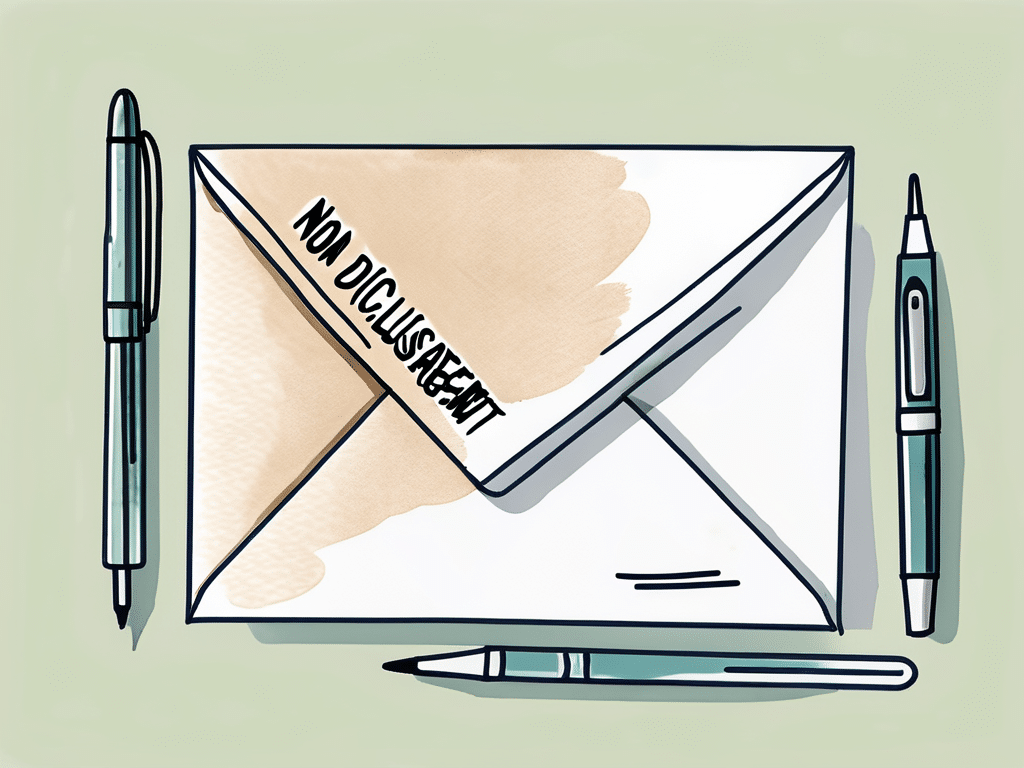Non-disclosure agreements (NDAs) are a common practice in various industries, intended to protect sensitive information from being shared with unauthorized individuals or entities. As an employer, you may be wondering if it’s necessary for your employees to sign NDAs. In this article, we will explore the different aspects of non-disclosure agreements to help you make an informed decision.
Understanding Non-Disclosure Agreements
Before diving into the pros and cons of NDAs, let’s first understand what they are and why they are used.
Non-disclosure agreements (NDAs) play a crucial role in safeguarding sensitive information in various business dealings. These legal contracts establish a confidential relationship between parties and outline the terms and conditions under which confidential information can be shared. NDAs are commonly used in industries where protecting proprietary information is essential, such as technology, healthcare, and finance.
Definition and Purpose of Non-Disclosure Agreements
A non-disclosure agreement, also known as a confidentiality agreement, is a legally binding contract between two parties that outlines the confidential information that will be shared and the obligations of the receiving party to keep that information confidential. The purpose of an NDA is to protect proprietary or sensitive information that could be valuable to a business.
These agreements not only help prevent the unauthorized disclosure of valuable information but also provide a legal recourse in case of a breach. By clearly defining what constitutes confidential information and the responsibilities of each party, NDAs create a framework for trust and collaboration in business relationships.
Types of Information Protected by Non-Disclosure Agreements
Non-disclosure agreements can cover a wide range of information, including trade secrets, customer data, financial records, marketing strategies, and any other information that may give a business a competitive advantage in the market. By signing an NDA, employees agree not to disclose this information during and after their employment.
Furthermore, NDAs can also extend to third parties who may come into contact with confidential information during the course of business operations. This ensures that the protection of sensitive data remains intact even when shared with external partners or service providers.
The Pros and Cons of Non-Disclosure Agreements
Benefits of Implementing Non-Disclosure Agreements
One of the main advantages of implementing NDAs is the assurance of confidentiality. By having employees sign NDAs, you can establish a legal framework to protect your sensitive information. This can prevent employees from sharing trade secrets, customer lists, or any other classified information that could harm your business if leaked or used by competitors.

Additionally, NDAs can help build trust between employers and employees. By emphasizing the importance of confidentiality, you signal to your employees that you take the protection of sensitive information seriously. This can foster a sense of loyalty and commitment among your employees, knowing their employers trust them with confidential information.
Moreover, non-disclosure agreements can be crucial when engaging in partnerships or collaborations with external parties. When sharing proprietary information with third parties, having an NDA in place ensures that your company’s interests are protected. It sets clear guidelines on how the shared information can be used and helps to maintain control over your intellectual property.
Potential Drawbacks of Non-Disclosure Agreements
Despite the benefits, NDAs may have some downsides. For instance, implementing NDAs might create a culture of secrecy or hinder collaboration among employees. If employees feel restricted in sharing information, it can stifle creativity and hinder the development of innovative ideas.
Furthermore, enforcing a non-disclosure agreement can be challenging. Proving a breach of an NDA requires evidence and can lead to costly legal battles. Additionally, some employees may feel burdened or limited by the restrictions imposed by an NDA, which can affect employee morale.
It is essential for companies to strike a balance between protecting their confidential information and fostering a collaborative work environment. Open communication and clear guidelines on what information is considered confidential can help mitigate some of the negative impacts of NDAs. Regular training sessions on the importance of confidentiality and how to handle sensitive information can also reinforce the value of NDAs without creating a culture of fear or distrust among employees.
Legal Implications of Non-Disclosure Agreements
Legal Rights and Obligations Under Non-Disclosure Agreements
Non-disclosure agreements are legally binding contracts, and both parties have rights and obligations outlined in the agreement. Employers have the right to protect their confidential information and may seek legal remedies if an NDA is breached. Employees have the obligation to maintain confidentiality and may face legal consequences if they fail to do so.

It is essential for both parties to fully understand the terms of the NDA before signing to ensure compliance and avoid potential legal disputes. Employers should clearly define what constitutes confidential information and provide adequate training to employees on how to handle sensitive data. On the other hand, employees should take the time to review the NDA carefully and seek clarification on any ambiguous clauses to prevent unintentional breaches.
Consequences of Breaching Non-Disclosure Agreements
Breaching an NDA can have severe consequences for employees. They may face legal action from their employers, including financial damages or injunctions. Additionally, a breach of an NDA can damage an employee’s professional reputation and make it challenging to secure future employment.
Furthermore, breaching an NDA can have broader implications beyond the immediate legal consequences. It can erode trust between employers and employees, leading to a toxic work environment. This breach of trust can also extend to business partners and clients, damaging relationships that have been built on the foundation of confidentiality and trust.
Non-Disclosure Agreements in Different Industries
Importance of Non-Disclosure Agreements in Tech Industry
The tech industry thrives on innovation, and protecting intellectual property is crucial. NDAs play a vital role in safeguarding proprietary algorithms, software codes, and innovative ideas that can give businesses a competitive edge in the market.
Furthermore, in the fast-paced world of technology, collaborations and partnerships are common. When sharing confidential information with third parties such as contractors or investors, having a solid NDA in place can prevent unauthorized disclosure and misuse of valuable intellectual property.
Role of Non-Disclosure Agreements in Healthcare Sector
In the healthcare sector, patient information and medical research data are highly sensitive and protected by various legal frameworks like the Health Insurance Portability and Accountability Act (HIPAA). NDAs ensure that healthcare professionals adhere to confidentiality obligations when handling patient data or participating in research studies.
Moreover, with the rise of digital health platforms and telemedicine services, the need for robust NDAs has become even more critical. These agreements help healthcare organizations maintain the privacy and security of patient data in an increasingly interconnected and data-driven healthcare landscape.
Crafting a Non-Disclosure Agreement
Essential Elements of a Non-Disclosure Agreement
When drafting an NDA, certain essential elements should be included to ensure its effectiveness. These elements may include a clear definition of what constitutes confidential information, the duration of the agreement, the obligations of the receiving party, and the remedies for breach.

It is crucial to carefully define what constitutes confidential information in the NDA to avoid any ambiguity or misunderstanding. This can include specifying the types of information covered, such as trade secrets, financial data, customer lists, or proprietary technology. By clearly outlining what is considered confidential, both parties can better understand their obligations and responsibilities under the agreement.
Tips for Drafting an Effective Non-Disclosure Agreement
To draft an effective NDA, consider tailoring the agreement to the specific needs and circumstances of your business. Seek legal counsel to ensure the language and provisions are clear and enforceable. Additionally, clearly communicate the importance of confidentiality to your employees and provide them with an opportunity to ask questions or seek clarifications about the agreement.
When customizing an NDA for your business, it’s important to consider the industry standards and best practices relevant to your field. For example, certain industries may have specific regulations or requirements that need to be addressed in the agreement. By staying informed about industry-specific considerations, you can create a more robust and comprehensive NDA that meets your business’s unique needs.
In conclusion, whether or not your employees should be signing non-disclosure agreements depends on the nature of your business and the type of sensitive information involved. While NDAs can offer valuable protection, it’s important to weigh the benefits against the potential drawbacks and ensure that the agreements are drafted and implemented effectively


